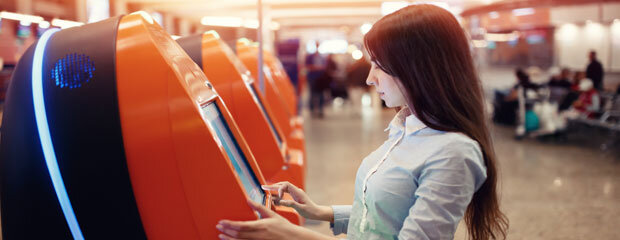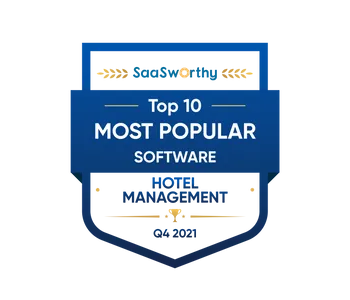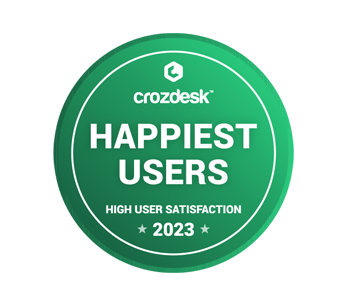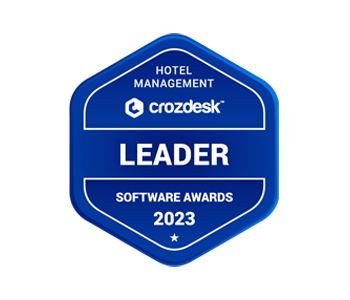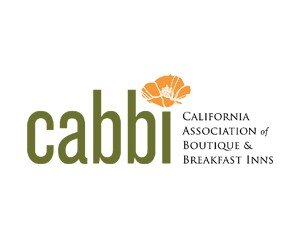Staying relevant and competitive in the hospitality industry is a constant race. You can’t find a winning formula and then sit back and expect to stay on top. Expectations and trends are continually changing, driven in large part by emerging innovations in technology. That’s why keeping your finger on the pulse of hospitality tech is critical to understanding the state of the industry. Even if you’re not ready to adopt them, tech trends tell you a lot about the typical consumer. With that in mind, here are some current tech trends that are currently changing the guest experience and will likely shape the expectations of the future.
Smart glass
Smart glass (or switchable glass) technology has been around for a while but is just beginning to pick up steam in hotel design. Notable adopters include the W San Francisco, Hilton Universal City in Los Angeles, and Eccleston Square Hotel in London.
There are different types of glass used (electrochromic, photochromic, thermo-chronic, suspended particles, micro-blind, and polymer-dispersed liquid crystal), but all adjust their opacity in response to changes in the environment and via commands from a mobile device.
For windows >> Installing smart windows is often done in the name of sustainability. The tint of the glass can be adjusted to account for the current use of the room, and the conditions outside—making guests and staff more comfortable and improving energy efficiency. In fact, Andersen Windows suggest they can reduce your energy expenditure by up to 25% (not to mention eliminating the need to buy blinds and curtains).
For bathrooms >> You have to fit a lot in a relatively small space when designing hotel rooms. But you still want it to feel spacious and comfortable for your guests. Glass-walled bathrooms are an excellent way of accomplishing just that. And by using smart glass technology, you don’t need to sacrifice privacy to make the room look bigger. When necessary, guests can simply press a button to make the walls instantly opaque.
Virtual assistants
Amazon recently announced a new virtual assistant specifically for lodging operators. Alexa for Hospitality has all the out-of-the-box features of a standard Amazon Echo with the potential to customize property-specific capabilities. For example, you can work with a third-party tech specialist so guest requests can be routed directly to your management systems and entertainment providers. That means, in addition to playing music and searching the internet, guests can also request housekeeping, find the WiFi password, ask about services and amenities and so on.
The biggest differences between personal Amazon Echos and the ones designed for hospitality have to do with security. For your guests’ privacy, hotels will never have access to search queries or answers and the history is wiped daily. For your own security, the devices cannot be factory reset and only connect to your property’s WiFi (to dissuade theft).
Facial recognition
The final tech trend we’re going to touch on, facial recognition software, is a technology that is definitely in the beginning stages for the hospitality industry. But given its ever-growing impact in our daily lives, facial recognition will only become more prevalent.
For check-in >> Marriott International just launched a pilot program at two of their properties, Hangzhou Marriott Hotel Qianjiang and Sanya Marriott Hotel Dadonghai Bay, that uses facial recognition software to offer a faster and easier check-in experience for their guests. Self-check-in kiosks scan guest faces, verify their identity against existing ID and booking information, and dispense the appropriate room keys.
For a personalized experience >> Facial recognition software can also be used to help deliver a more personalized experience for your guests. When they walk into the lobby, the technology can recognize the guest and automatically display their profile to staff, allowing them to greet the guest by name.
As technology changes, so do the expectations of consumers. Make sure you’re keeping tabs on emerging trends, so you don’t get left behind. And click here to read about how VR, chatbots, and robots are being used in hospitality today.
